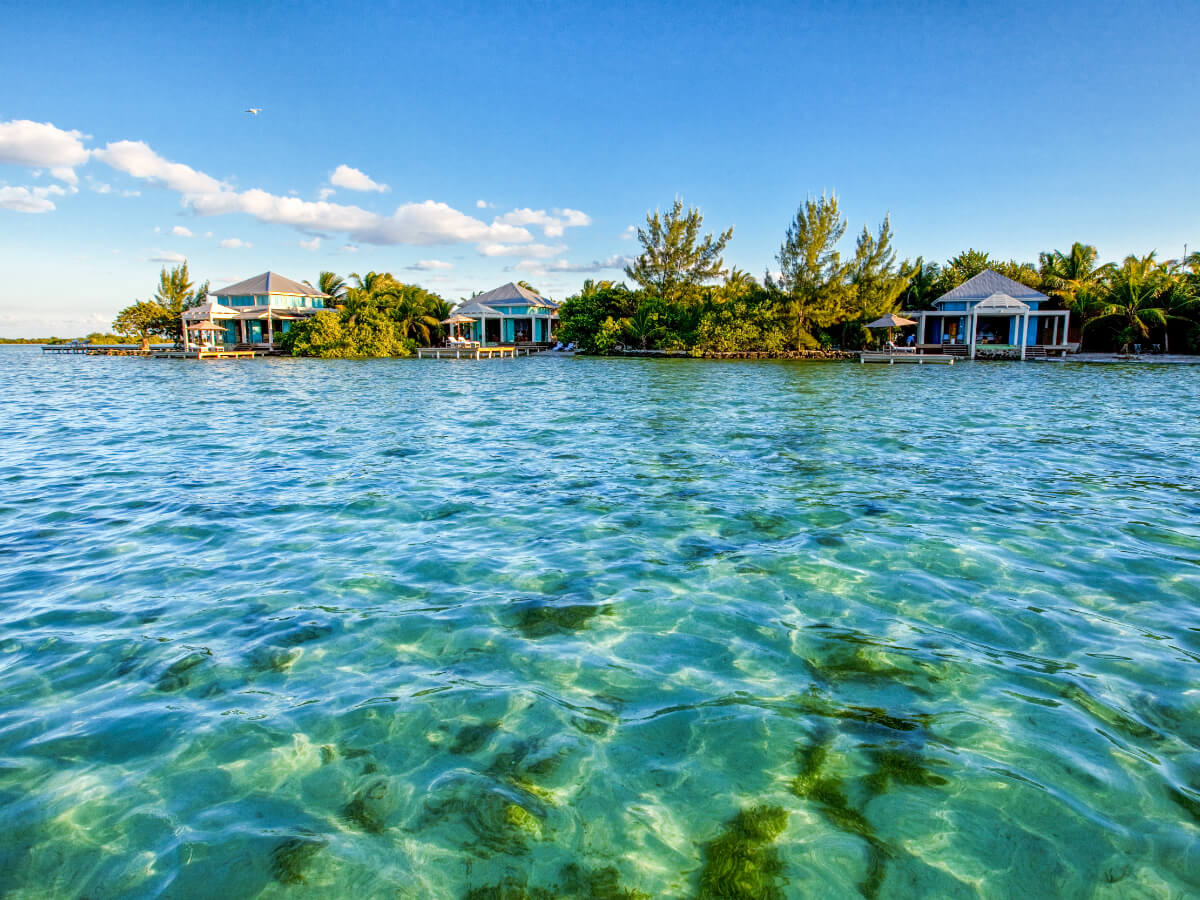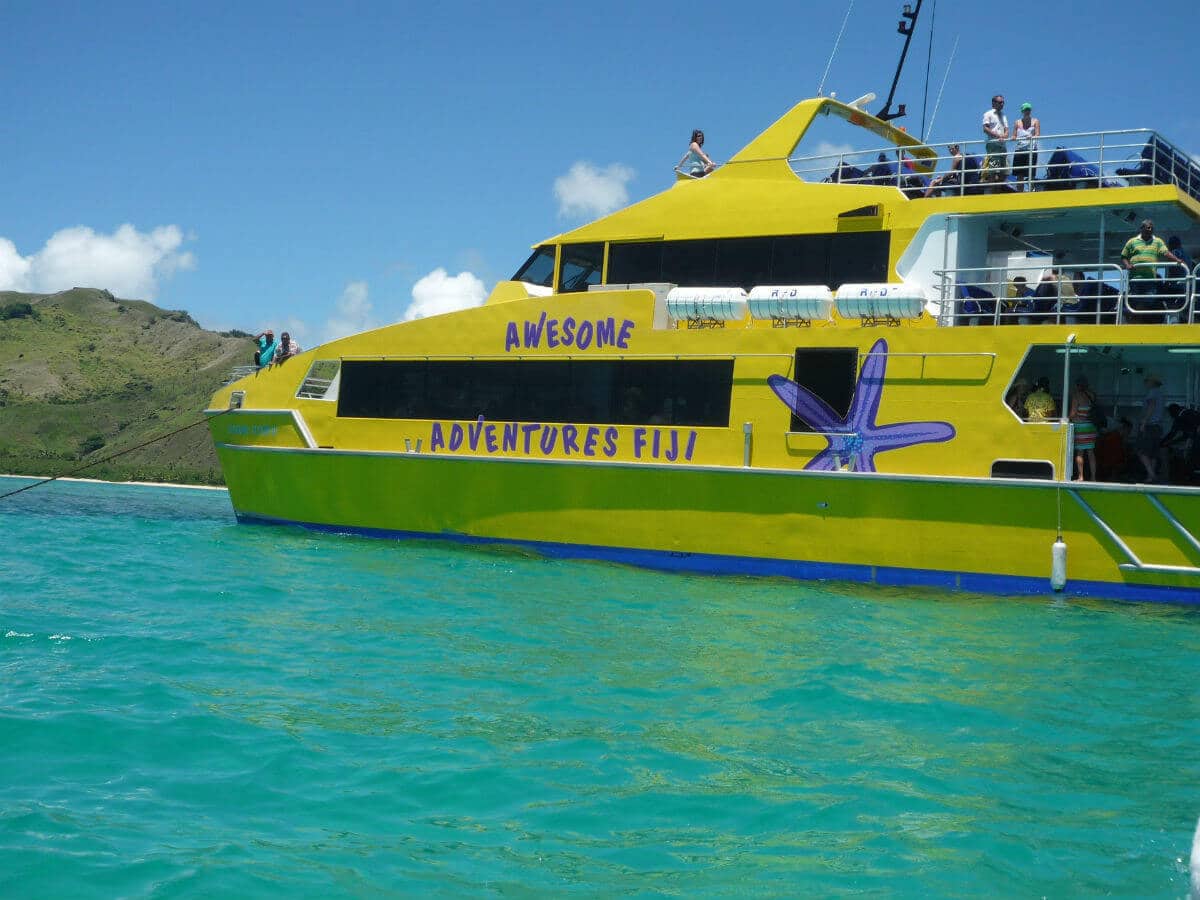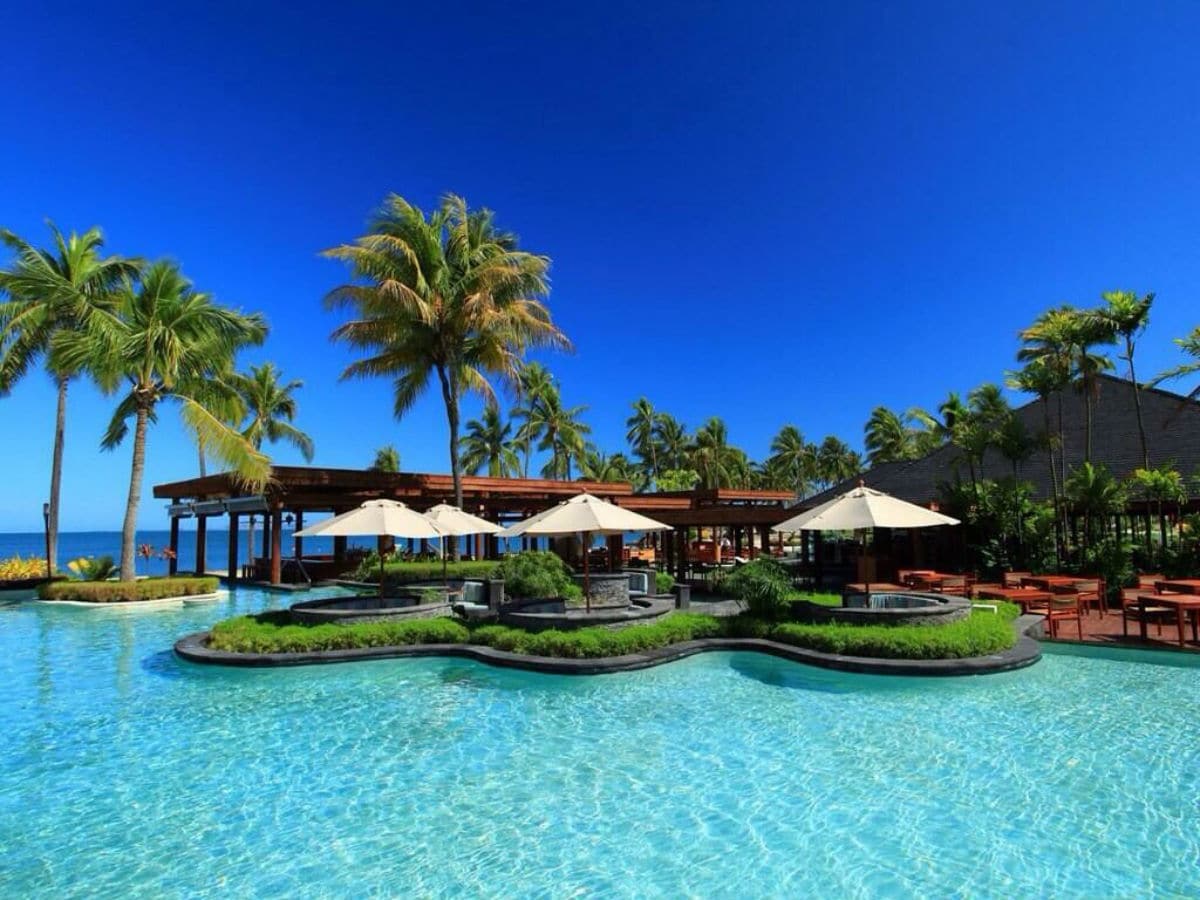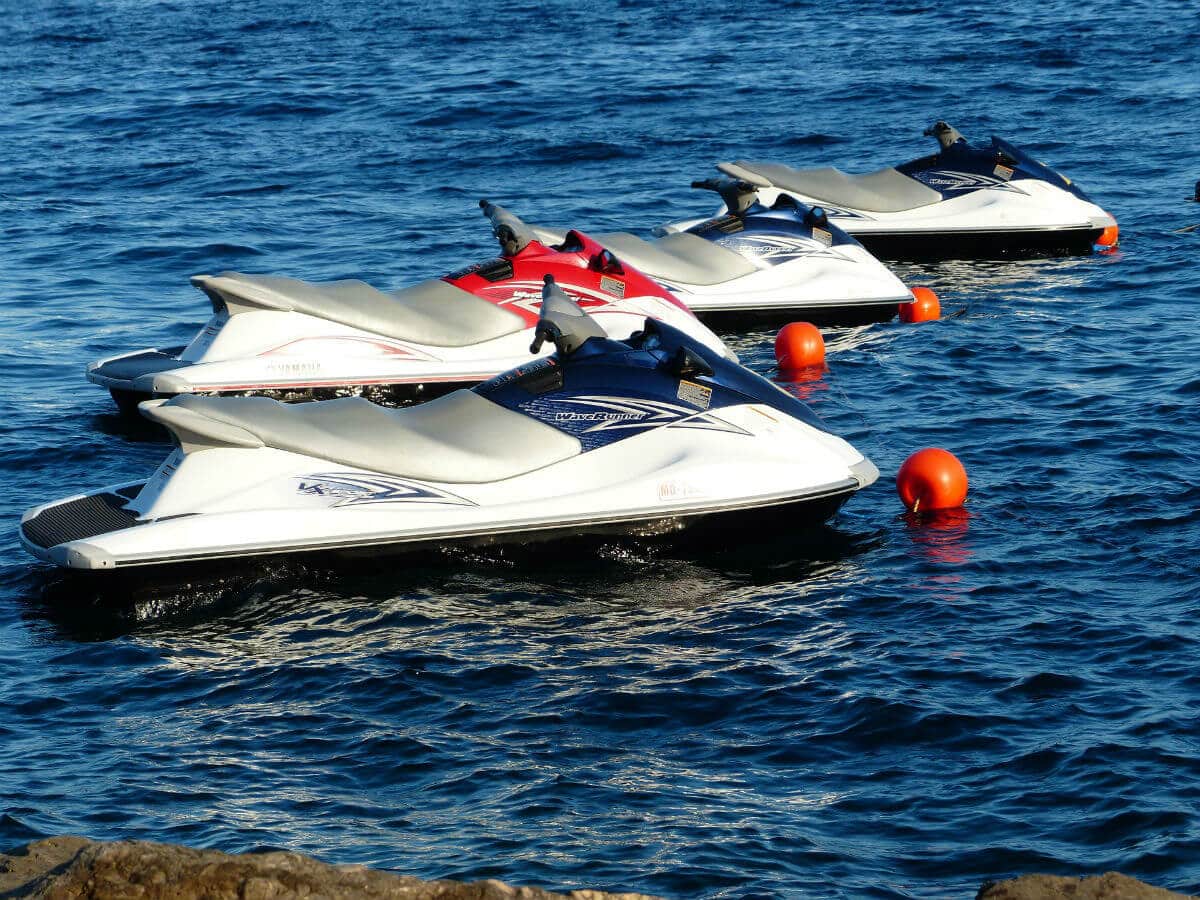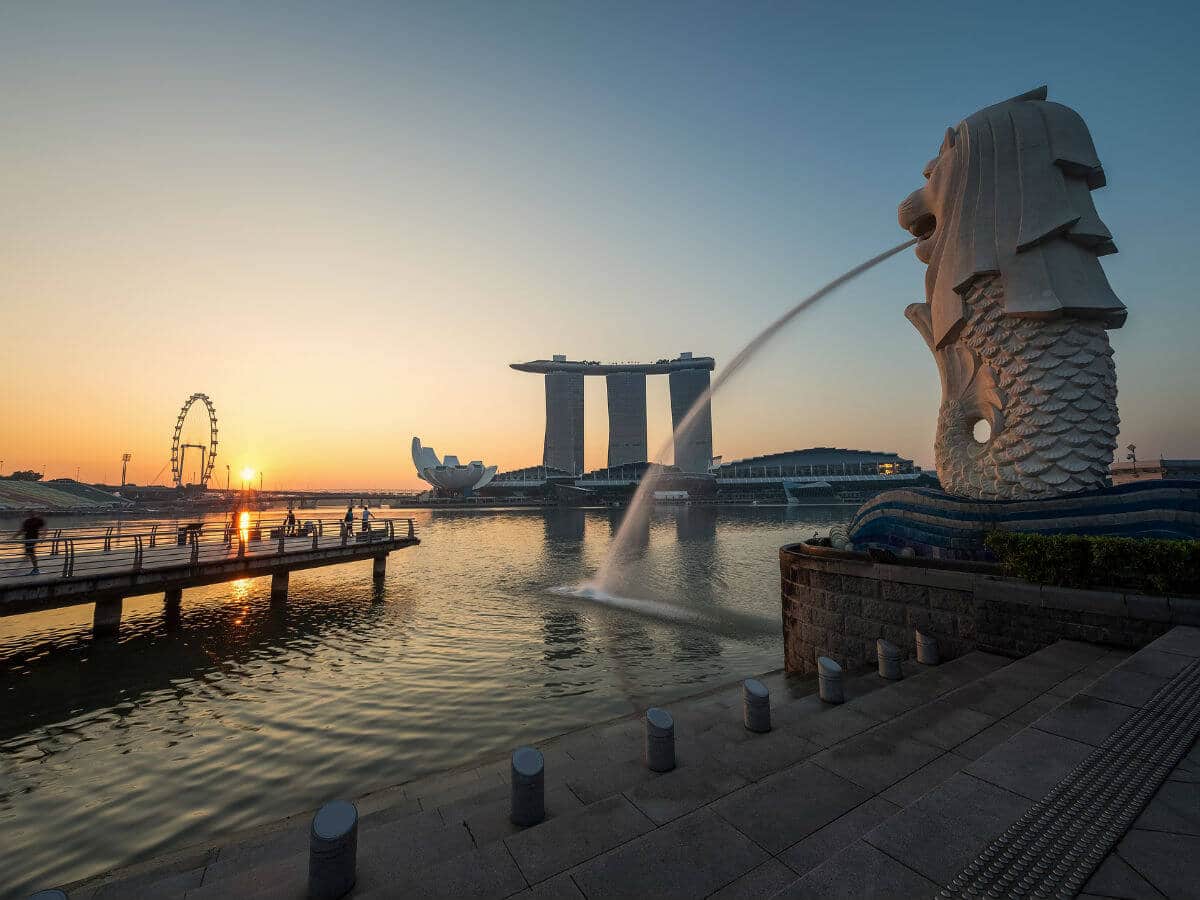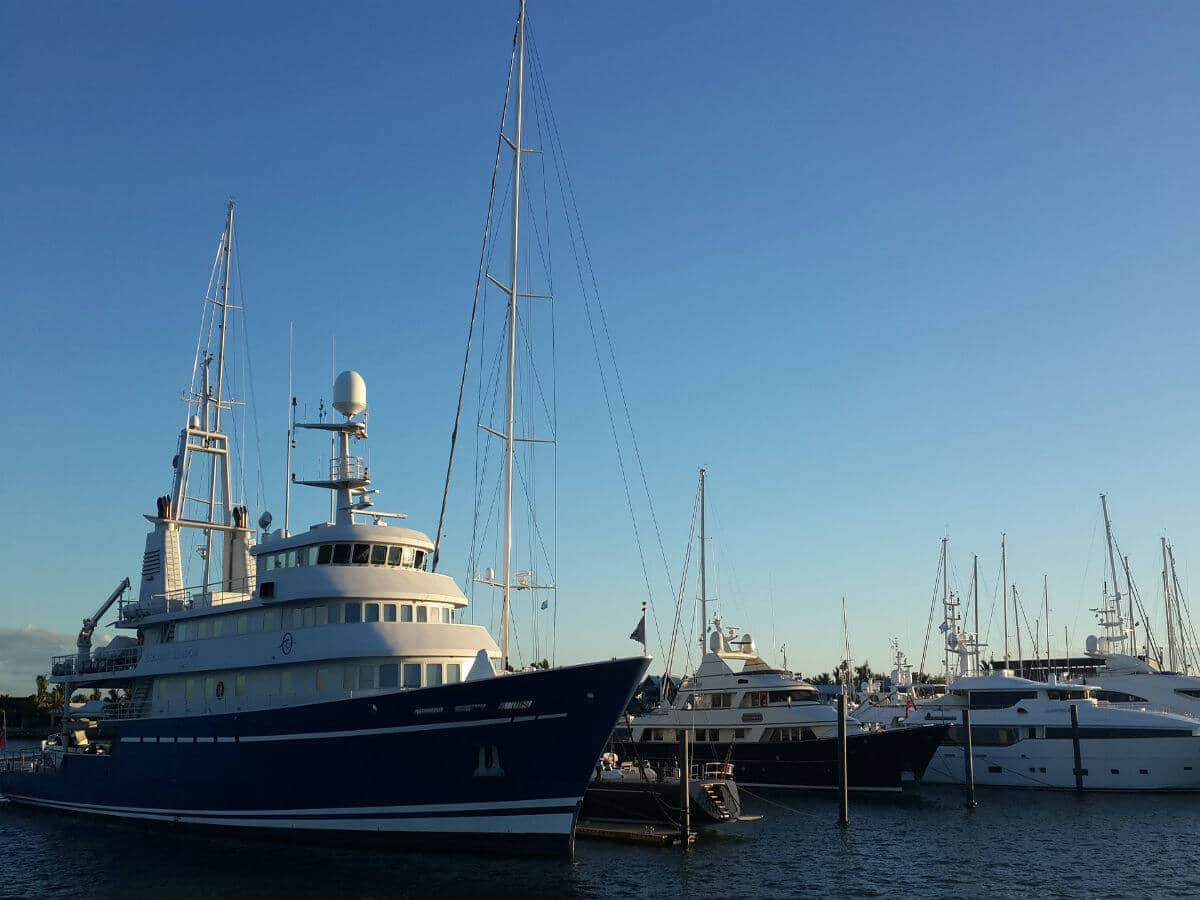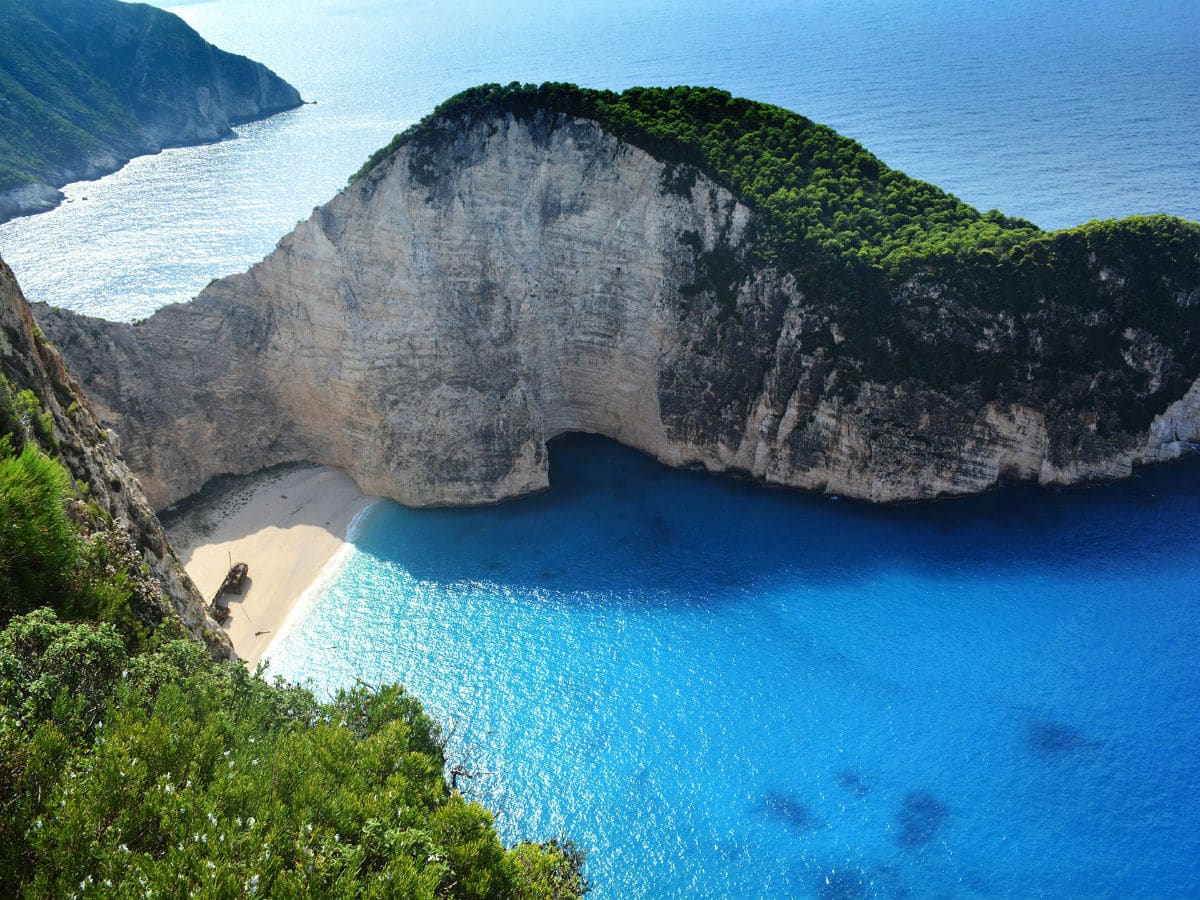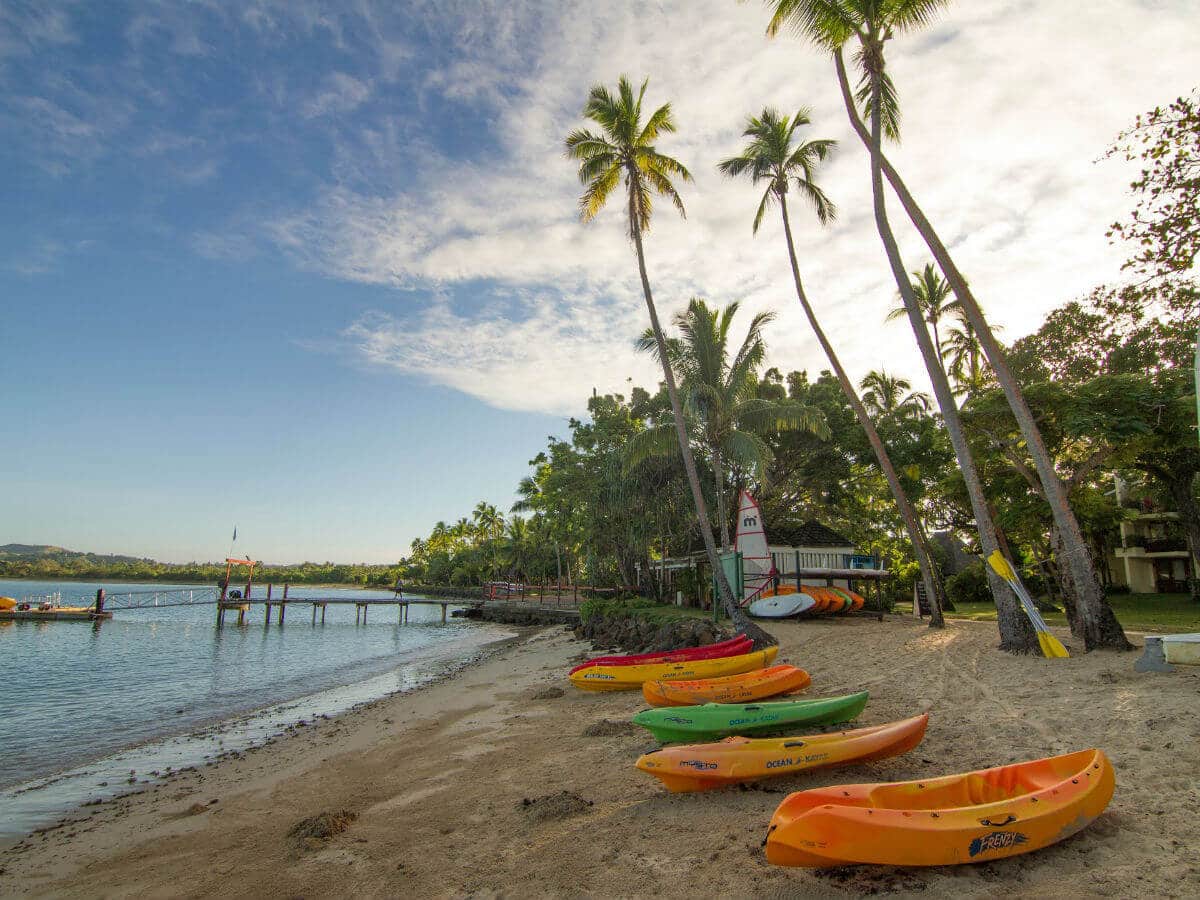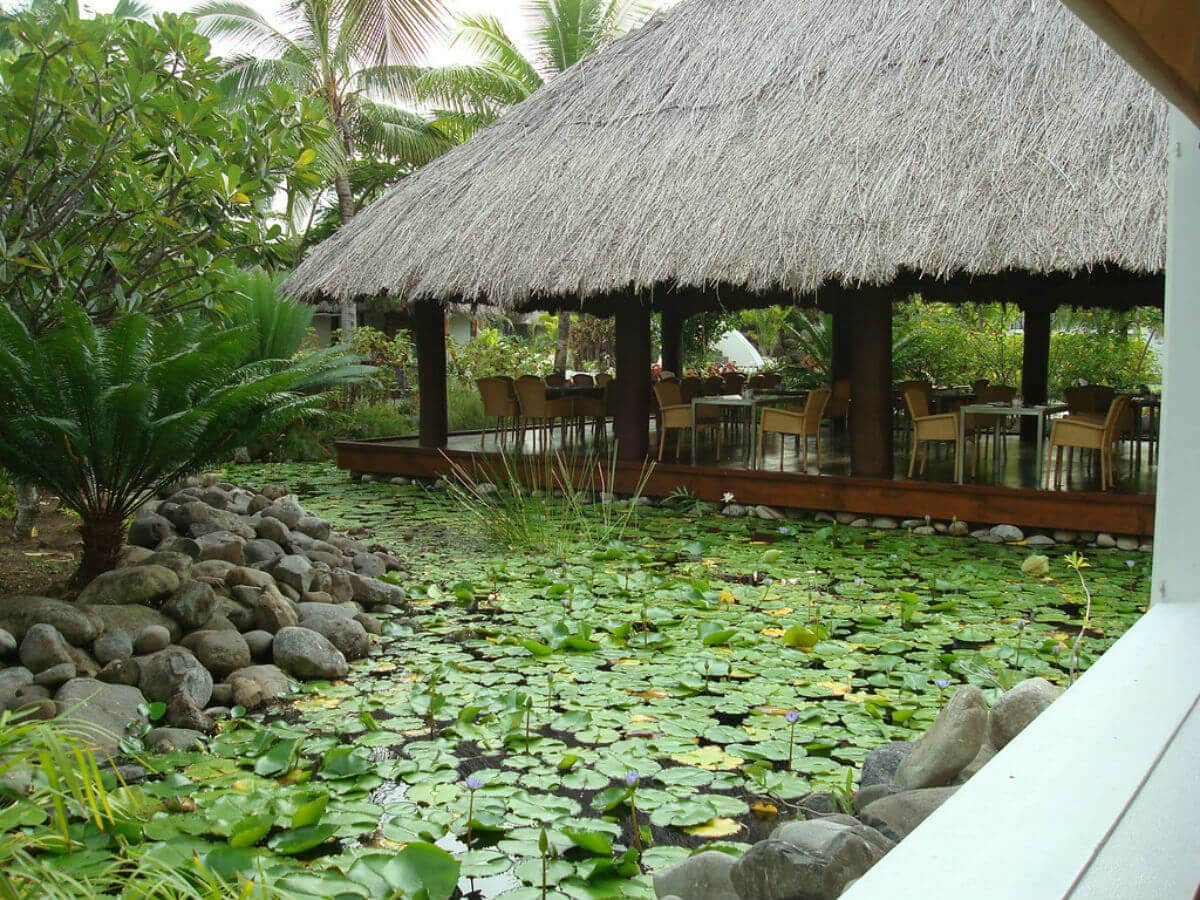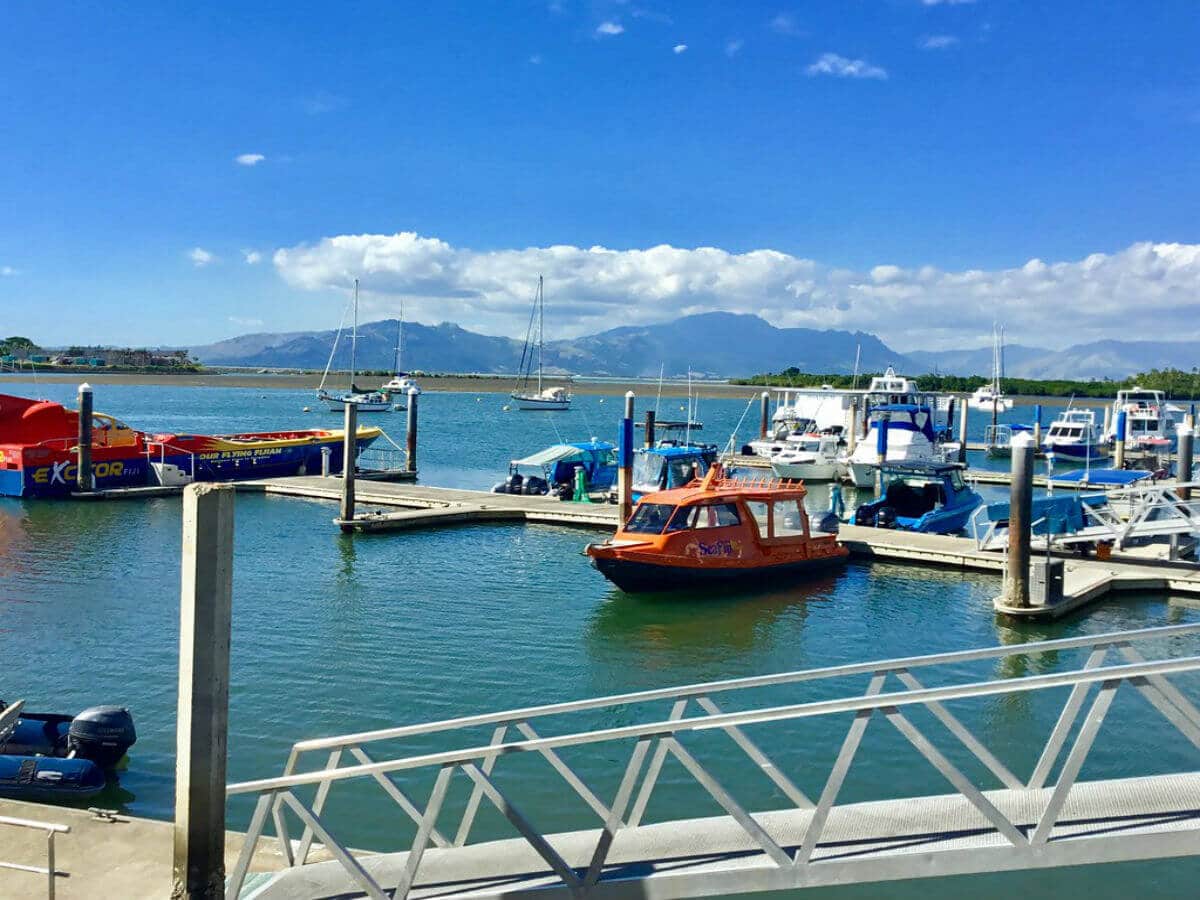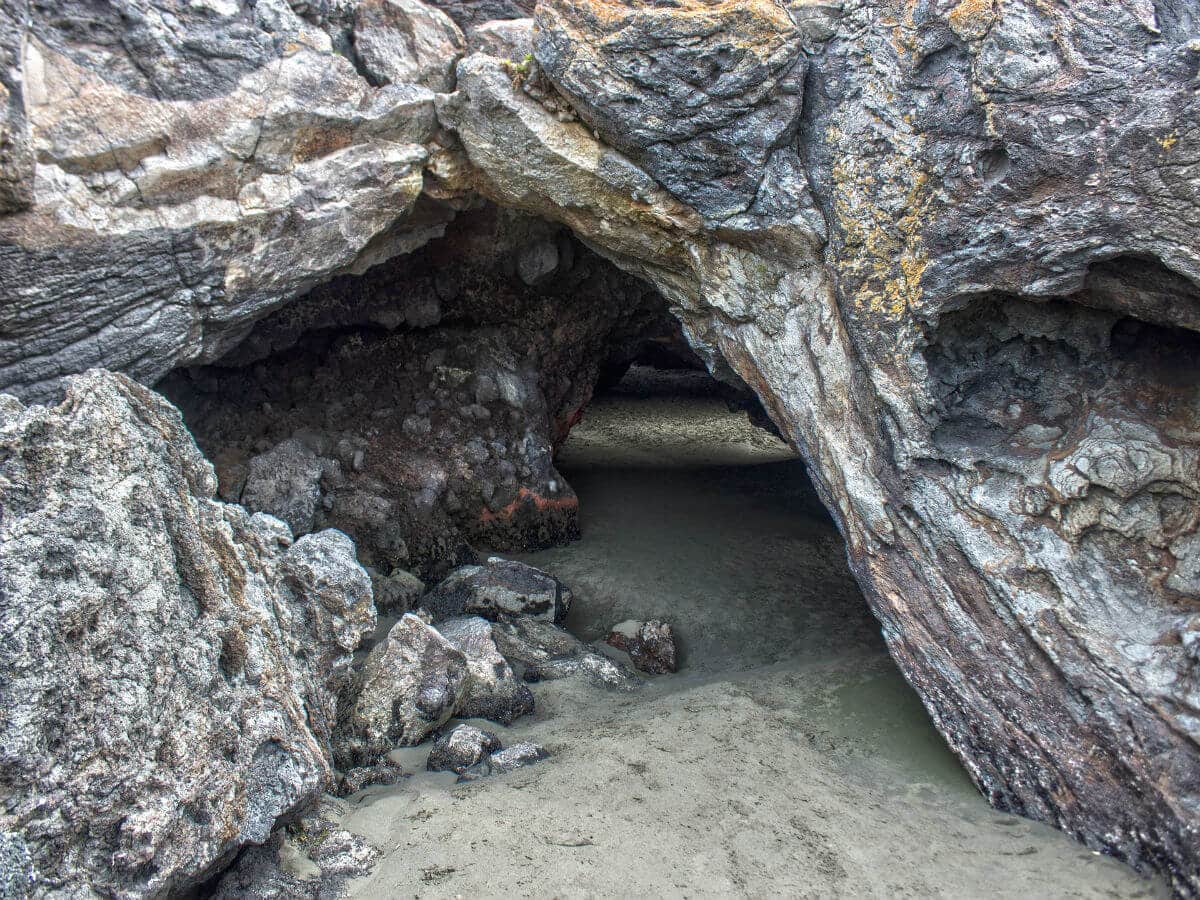Tour Packages
Fiji Tour Packages
SUPER DEAL PRICE
STARTS FROM
per person on twin sharing
ATMs may be limited in remote areas.
Cash may be needed in remote and rural areas.
Banks may be harder to find remotely.
The legal drinking age in Fiji is 21.
Fijians are famous for their warm hospitality.
Fiji - Visitors Statistics

Annually
9,30,000
Male51%
Female49%
By Purpose
Couples
For Newlywed Vacations
Family
For Family Vacations
Top Visitors from India
Mumbai
Delhi
Bengaluru
Chennai
Hyderabad
Kolkata
Pune
Ahmedabad
Jaipur
Lucknow
Everything You Need to Know About Fiji
A tropical getaway with its turquoise waters and glittering sands, Fiji Island caters to all kinds of travellers. From adventure seekers and water sports lovers to honeymooners and solo travellers, Fiji offers its set of 333 islands for fun vacations of all kinds. Located in the South Pacific Ocean, Fiji is known for its beautiful beaches, world-class diving facilities, picturesque accommodations, and friendly people. With amazing coastlines, stunning coral reefs, and its unique culture and customs, you must try our Fiji Islands tour package for a memorable vacation.
View All Fiji Packages
FAQs:
Book Your Dream Vacay Today!












